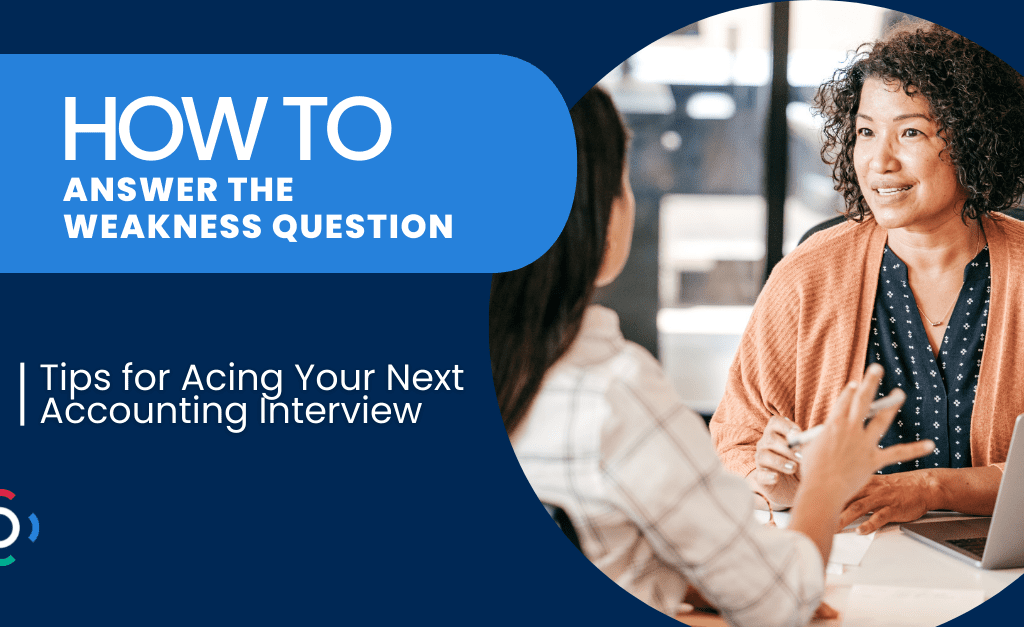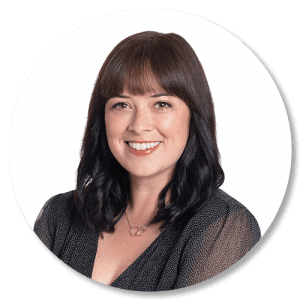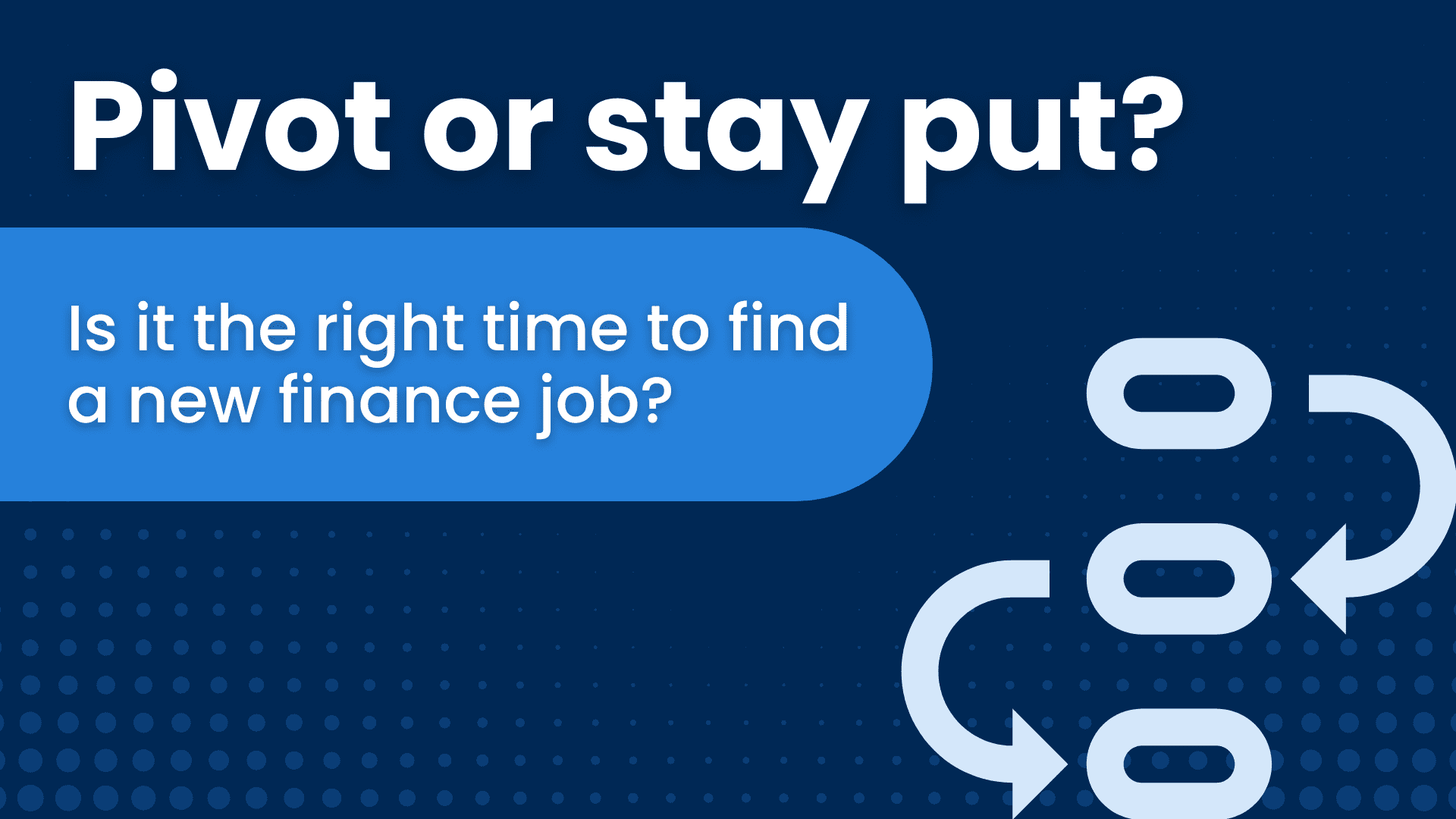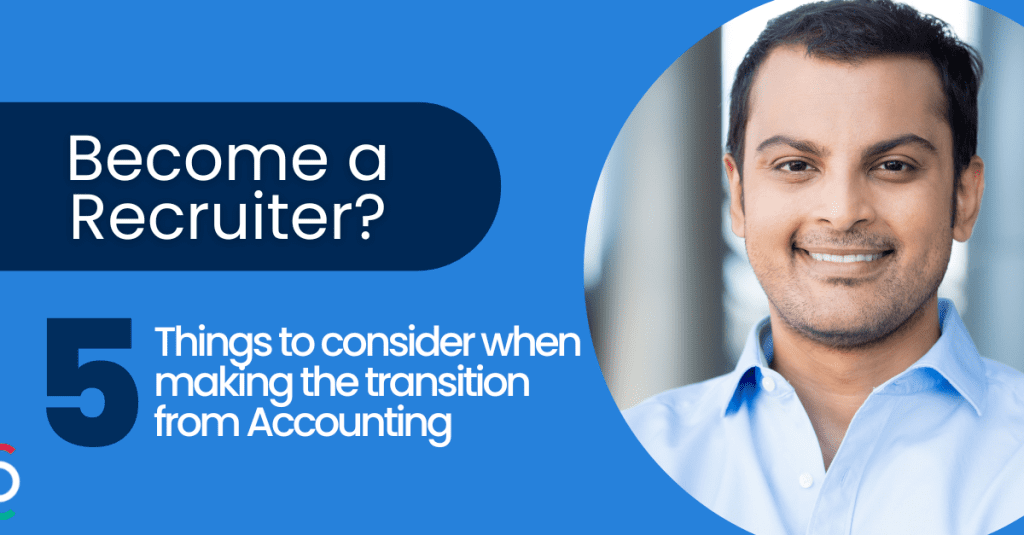You’re in the midst of an accounting interview and it’s going well. You’ve aced the questions on your technical skillset, but now the dreaded weakness question appears. It can manifest in different forms, either overtly, “What would you say is your greatest weakness?” or more subtly, “Tell us about a time you experienced failure at work, or made a mistake. What did you do?” Regardless of the form that the question takes, the interviewer is trying to discern how self-aware you are and what you’ve done to grow.
How you answer the question can be quite revealing.
Know Your Weakness
According to the book Change Anything: The New Science of Personal Success 97% of people can identify their career-limiting behaviors. Yet only 10% seek to change the behavior after receiving constructive feedback in a performance review.
Before entering any interview think carefully about when your weaknesses have been triggered and why. What have you done to mitigate your weaknesses and turn them into strengths? Knowing this before hand allows you to be prepared for any scenario where you have to talk about your past experiences (more in the next section).
Read: “How to Turn Weaknesses into Strengths” for guidance on how to identify your weaknesses and transform them into assets.
Prepare Responses
For this step, prepare 3 success stories that illustrate how you took a former weakness and addressed it. The weakness question, more than anything, is trying to ascertain how you handle obstacles, and how you’ll mesh with your team and future manager. Remember, success stories follow the STAR model – briefly give an overview of the situation and task, talk about the action you took to resolve the challenge, and outline the benefits that resulted.
For example, perhaps you used to fear failure and this made you hesitate to forward your ideas in meetings. Outline how you received encouragement or constructive feedback from a colleague or manager. Explain that you had an idea for a process improvement and decided to speak about it at the next team meeting. Ideally, your manager would have positively reinforced you for the idea. The process would have been implemented and the company would have benefited. If you have numbers that illustrate the positive effect of your idea, even better.
Avoid Canned Answers
The most common responses, “I work too hard,” or “I’m a perfectionist” are overused. You need to reveal self-awareness and growth, so speak to a challenge honestly and explain how you’ve handled it. Not to mention, avoiding canned answers sets you apart from everyone else who relies on that specific tactic.
Read: For more tips on understanding what employers are looking for in an interview read, “6 Things Employers Want to Hear in an Accounting Interview.”
Don’t Speak to Essential Technical Skills
Carefully review the job posting prior to the interview. Take note of all of the essential skills that are listed. Ensure that your weaknesses do not speak to any of the technical skills outlined in the job posting.
Stay Professional
Your weakness should focus on a professional challenge, not a personal one. The interviewer is interested in how you’ve overcome your work-related weaknesses. Avoid bringing personal drama into the interview.
Key Takeaways
Prospective employers understand that people make mistakes. What they’re looking for is evidence that you recognize your weaknesses and have sought to correct them. Identify your weaknesses prior to the interview. Think about when your career-limiting behaviors have been triggered and what you’ve done to mitigate them. Prepare success stories that show self-awareness and growth. Focus on professional challenges and avoid speaking to essential technical skills. Fundamentally, interviewers know that the best candidates are often those who are self-aware, can accept constructive feedback and grow from it.
Your Next Step
No one should walk the job search or hiring road alone. At Clarity Recruitment, we help others realize their success through a process that marries proprietary technology with unwavering commitment. Contact us today to take control of your career, or to partner with us to hire well.
Check out more of our popular articles on Career Advice





